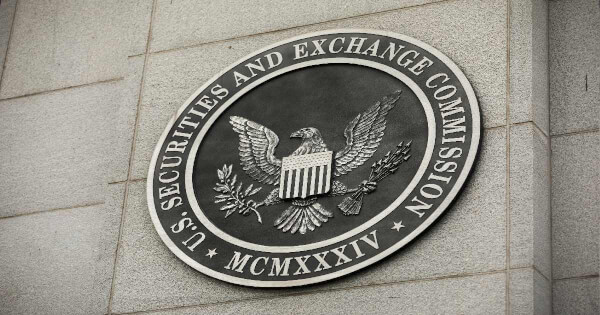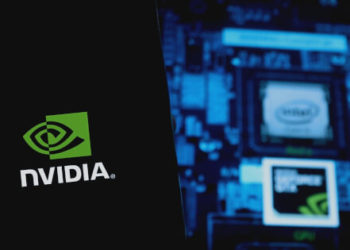The US Securities and Exchange Commission (SEC) on Thursday listed nine cryptocurrencies that it considers as securities. The regulator named the nine crypto assets in its first insider-trading case, where it said the nine digital tokens are “securities”.
On Thursday, the SEC, through coordination with the U.S. Department of Justice (DOJ), arrested and charged former Coinbase product manager Ishan Wahi, his brother Nikhil Wahi, and a friend Sameer Ramani on allegations of insider trading and wire fraud.
SEC filed a complaint alleging that the former Coinbase employee engaged in insider trading by giving his brother and friend tips on which tokens the exchange planned to list shortly. According to the complaint, Wahi had advanced knowledge of which crypto assets were about to be listed on the Coinbase platform. He, therefore, shared such information with his brother and friend so they could purchase the coins ahead of the listings. The complaints disclosed that Nikhil Wahi and Ramani made over $1.1 million on trades with nonpublic information.
Along that case, the SEC also explicitly mentioned nine crypto assets listed as securities. The assets are:
· Amp (AMP)
· Rally (RLY)
· DerivaDAO (DDX)
· XYO (XYO)
· Rari Governance Token (RGT)
· LCX (LCX)
· Power Ledger (POWR)
· DFX Finance (DFX), a
· and Kromatika (KROM).
The agency named all the tokens in connection with the alleged insider trading.
In the past, the SEC had identified cryptocurrencies as securities in enforcement actions or settlements with the provider.
But Thursday’s complaint is the first time the agency identified several crypto coins as securities and the exchange listing the so-called securities.
As a result, Coinbase and other intermediaries may be in trouble for legal liabilities. While the SEC has gone after the rogue Coinbase employee, it has also asked a federal judge to consider whether the nine crypto assets are tied to allegations of unregistered securities.
If the court accepts SEC’s promise, then the SEC will bring enforcement actions against Coinbase for being an unregistered securities broker/exchange, as well as open up legal liabilities for crypto issuers behind the coins and platforms that facilitate the trading of such assets.
Meanwhile, Coinbase has responded to the SEC filing, stating that regulations in the US are not keeping up with the digital world and therefore need fixing.
Coinbase submitted a petition on Thursday to the SEC, stating that the regulator should develop rules that describe “digital asset securities.”
The exchange further said that if the SEC is keen to encourage crypto adoption, it should provide sensible regulation. Without that, the US won’t reap the rewards associated with cryptocurrencies. And the U.S. may not be able to catch up with other jurisdictions, Coinbase stated.
The above case is one of few examples from the SEC that mentioned specific cryptocurrencies as securities but has offered little clarity over several years.
Early last year, the SEC sued Ripple for selling XRP tokens as unregistered securities to investors in the US and worldwide. Thursday’s complaint shows that the regulator views most cryptocurrencies as securities.
Image source: Shutterstock
Credit: Source link











































